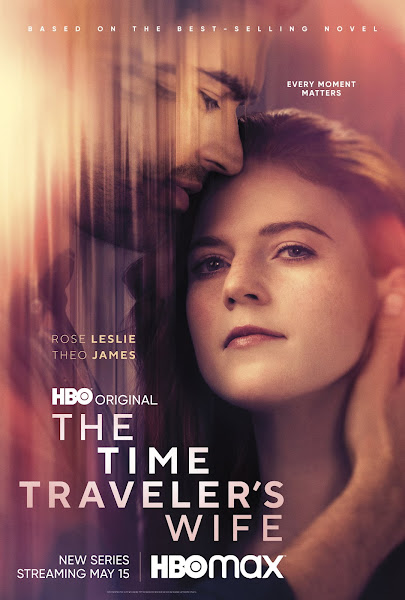I’m trying to imagine what this case would be like after a year of being subjected to the dust and lint at the bottom of my purse or the stray scratches from nails and keys. God help me if my toddler ever managed to put his grubby hands on it, which he absolutely would. I just don’t see any way that this material ages gracefully. The leather cases had their problems, but when leather gets old, it at least looks nice — a scuffed, dusty fabric case will not.
Maybe FineWoven would be acceptable in a less expensive case. Or maybe if Apple had never called it “durable”, I could accept it. But for $59? On a phone case that needs to stand up to daily abuse? Absolutely not. I would have been thrilled with a coarser fabric like the old Google Pixel cases, RIP, and those certainly stand up better to scratches and scuffs. I think Apple did a decent thing by discontinuing the leather cases, but FineWoven is just not the premium replacement we were looking for.
Allison Johnson
These new iPhone cases made from recycled materials have gotten a surprising amount of backlash for a product that’s not even a month old. Can’t quite decide what I find more amusing: that Apple fanboys are abruptly realizing how the company is selling overpriced and subpar accessories to prop up their margins, or how they’re discovering there’s a whole ecosystem of third-party accessories offering a larger variety of products at a fraction of Apple’s prices (which is bound to happen with charging cables as well, now that Apple was required to switch to USB-C by EU regulation). And, let’s face it, presenting FineWoven as a sustainable alternative to leather is most likely mere marketing aimed at justifying its high price. If people replace these more often because they’re less durable than leather, the overall carbon footprint of FineWoven cases will accumulate over time, even if individually each new case generates less emissions than a leather one.

